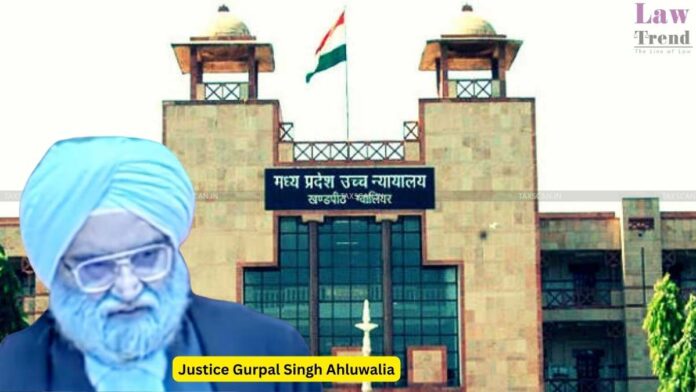The Madhya Pradesh High Court at Gwalior has dismissed a writ petition filed by Ashok Kumar Tripathi, a police guard, challenging his compulsory retirement on grounds of misconduct involving consumption of alcohol while on duty. The court upheld the disciplinary authority’s decision, holding that the findings were based on evidence and not liable to judicial
To Read More Please Subscribe to VIP Membership for Unlimited Access to All the Articles, Download Available Copies of Judgments/Order, Acess to Central/State Bare Acts, Advertisement Free Content, Access to More than 4000 Legal Drafts( Readymade Editable Formats of Suits, Petitions, Writs, Legal Notices, Divorce Petitions, 138 Notices, Bail Applications etc.) in Hindi and English.




